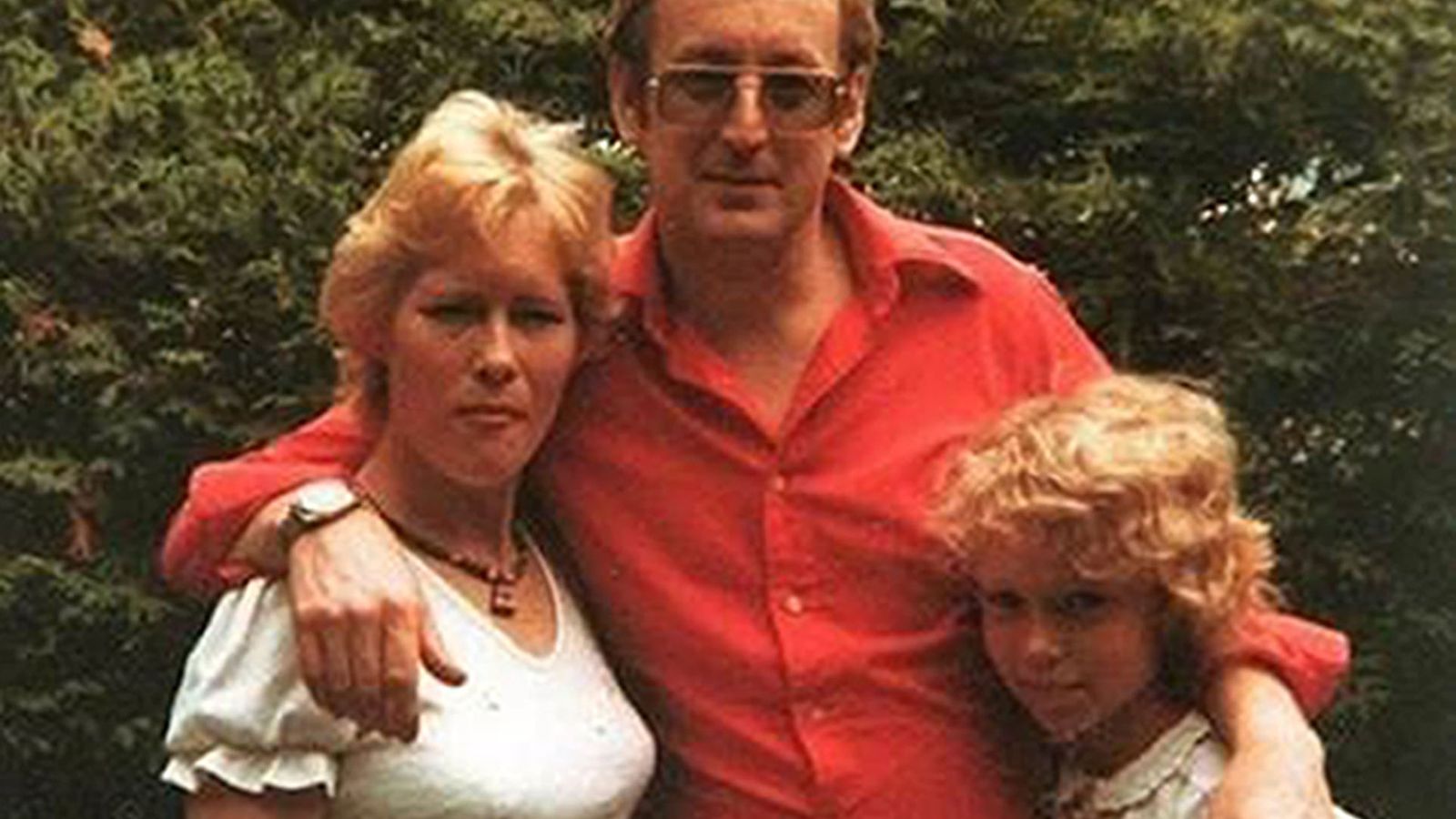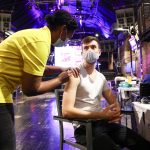The first public parole board hearing in the UK will take place later today.
Russell Causley was handed a life sentence for killing his wife Carole Packman in 1985, a year after he moved his lover into their Bournemouth home.
He never revealed the location of Ms Packman’s body and initially evaded police by faking his own death as part of an insurance scam.
He was convicted of murder in 1996 but the conviction was quashed by the Court of Appeal in 2003.
He was found guilty again after a second trial.
He was freed from prison in 2020, after serving more than 23 years for the murder, but was returned to jail in November last year after breaching his licence conditions.
Samantha Gillingham was 16 when her mother, Ms Packman, went missing.
Travel chaos hits roads, rail, and airports after snowfall | latest updates
Solihull lake rescue: Four children critically ill after falling into frozen lake and suffering cardiac arrest
UK weather: More snow, ice and freezing fog set to cause Monday morning rush-hour chaos
She and her son Neil have campaigned for years to keep Causley, 79, in jail and for his case to be heard in public.
Offenders serving life sentences, indeterminate sentences for public protection, extended sentences, and certain recall cases are all subject to the parole process, meaning their release must be directed by the Parole Board.
Parole hearings have previously always been in private, often held in prisons, with victims and other observers allowed limited access in rare circumstances.
But the rules were changed in July, allowing victims, the press, and other interested parties to request that a case be reviewed in public.
A new approach had been promised by ministers following the John Worboys case in 2018.
The serial sex attacker, known as the black cab rapist, had served 10 years, including remand time, of an indeterminate prison sentence when the parole board recommended he be freed.
The decision prompted public anger because none of those he attacked had been consulted and it was overturned by the High Court following a legal challenge brought by two of his victims.
Justice Secretary Dominic Raab said: “Pulling back the curtain on the parole process by allowing hearings to be heard in public is a major step forward for victims who want to see justice being done first-hand.
“It marks the first step in our reforms to overhaul the system – putting victims and public protection front and centre of the process.”






















